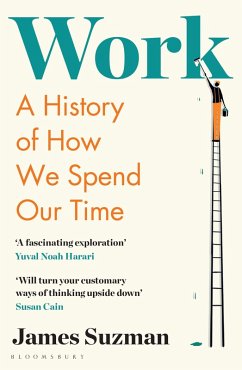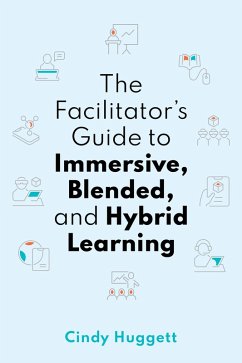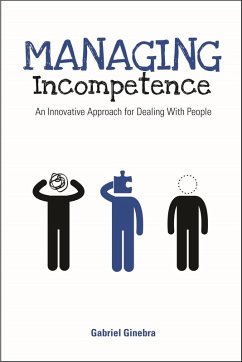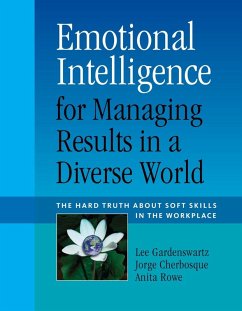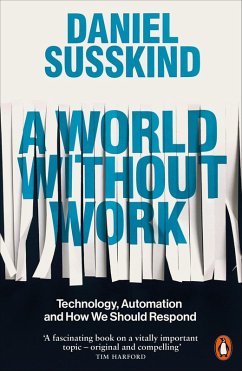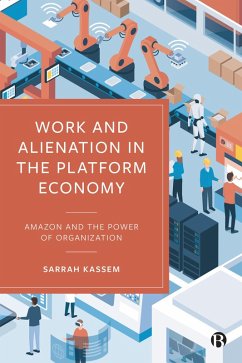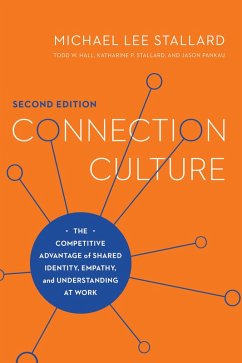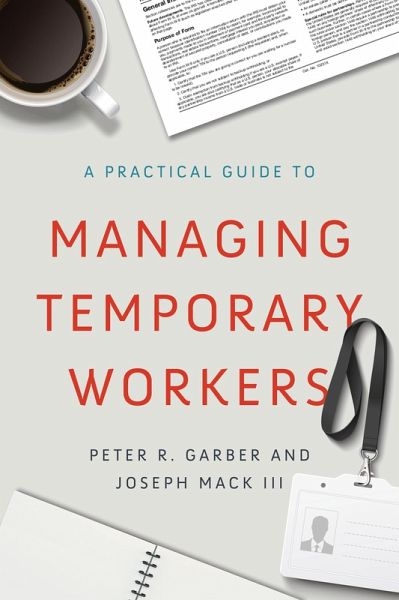
A Practical Guide to Managing Temporary Workers (eBook, ePUB)
Sofort per Download lieferbar
18,95 €
inkl. MwSt.

PAYBACK Punkte
9 °P sammeln!
Prepare for Your Workforce of TomorrowToday's economic reality is changing the traditional employment model. No longer is it assumed that everyone who works for you will be on your company's payroll.Alongside your regular employees might be temps, freelancers, and independent contractors, all offering a more cost effective and efficient model to address your human resource needs. At the same time, these arrangements can meet the needs of workers by giving them income, experience, skills, a work record, or perhaps just the flexibility to work when and where they want.Utilizing a mix of regular ...
Prepare for Your Workforce of Tomorrow
Today's economic reality is changing the traditional employment model. No longer is it assumed that everyone who works for you will be on your company's payroll.
Alongside your regular employees might be temps, freelancers, and independent contractors, all offering a more cost effective and efficient model to address your human resource needs. At the same time, these arrangements can meet the needs of workers by giving them income, experience, skills, a work record, or perhaps just the flexibility to work when and where they want.
Utilizing a mix of regular and contingent workers, or even outsourcing the entire workforce, is one way to help reduce these costs and has become a more attractive employment model for many organizations. A Practical Guide to Managing Temporary Workers takes you inside this process. The use of contingent workers has burgeoned, especially since the Great Recession, and the businesses providing access to such workers have become increasingly numerous and sophisticated.
From developing a strategy and guidelines around contingent workers to training and treating them fairly, this book helps you gain a better understanding of the possible impact of these workers on your organization's future and how you can manage them more effectively.
Today's economic reality is changing the traditional employment model. No longer is it assumed that everyone who works for you will be on your company's payroll.
Alongside your regular employees might be temps, freelancers, and independent contractors, all offering a more cost effective and efficient model to address your human resource needs. At the same time, these arrangements can meet the needs of workers by giving them income, experience, skills, a work record, or perhaps just the flexibility to work when and where they want.
Utilizing a mix of regular and contingent workers, or even outsourcing the entire workforce, is one way to help reduce these costs and has become a more attractive employment model for many organizations. A Practical Guide to Managing Temporary Workers takes you inside this process. The use of contingent workers has burgeoned, especially since the Great Recession, and the businesses providing access to such workers have become increasingly numerous and sophisticated.
From developing a strategy and guidelines around contingent workers to training and treating them fairly, this book helps you gain a better understanding of the possible impact of these workers on your organization's future and how you can manage them more effectively.
Dieser Download kann aus rechtlichen Gründen nur mit Rechnungsadresse in A, D ausgeliefert werden.




